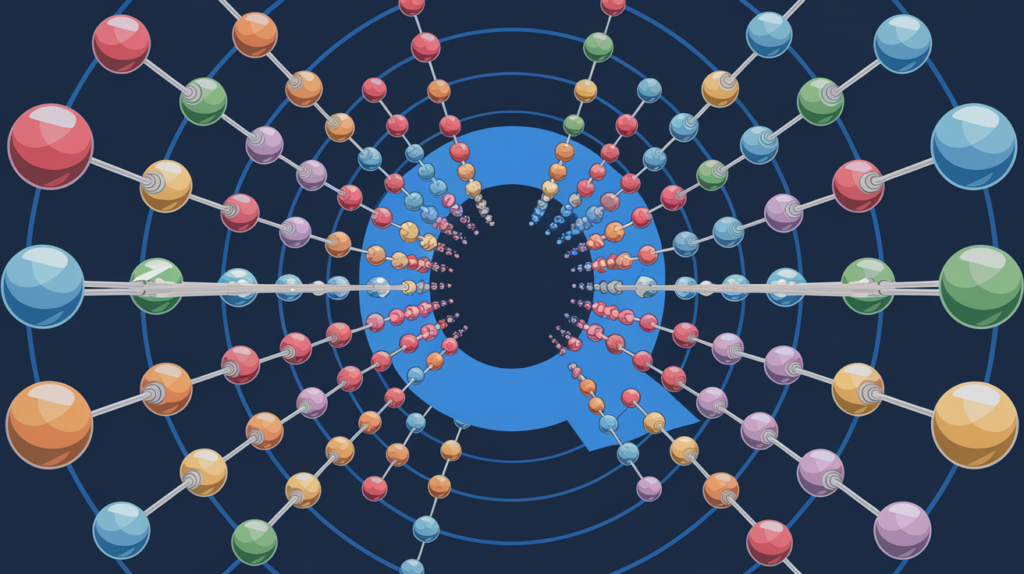Quantum computing is one of the most revolutionary advancements in modern technology. Unlike classical computers that use bits (0s and 1s) for processing information, quantum computers leverage quantum bits, or qubits, which can exist in multiple states simultaneously. This fundamental difference allows quantum computers to solve complex problems exponentially faster than classical computers.

Understanding Quantum Computing
Quantum computing is based on the principles of quantum mechanics, primarily superposition and entanglement.
- Superposition: In classical computing, a bit can be either 0 or 1. However, in quantum computing, a qubit can exist as both 0 and 1 at the same time. This enables quantum computers to perform multiple calculations simultaneously.
- Entanglement: When two qubits become entangled, their states become interdependent, regardless of the distance between them. This property allows quantum computers to process and transfer information more efficiently than classical systems.
Applications of Quantum Computing
Quantum computing has the potential to revolutionize various industries:
- Cryptography: Traditional encryption methods rely on the difficulty of factoring large numbers. Quantum computers can break these encryptions using algorithms like Shor’s algorithm, making current cryptographic systems obsolete.
- Drug Discovery: Simulating molecular interactions for drug discovery is highly complex. Quantum computers can model these interactions at an atomic level, significantly accelerating the development of new medicines.
- Optimization Problems: Industries such as logistics and finance rely on solving optimization problems efficiently. Quantum computing can optimize supply chain routes, financial portfolios, and traffic management systems much faster than conventional computers.
- Artificial Intelligence (AI): Machine learning and AI require immense computational power to process vast datasets. Quantum computing enhances AI capabilities by accelerating data analysis and pattern recognition.
- Climate Modeling: Understanding climate change and predicting weather patterns involve massive computational power. Quantum computers can simulate complex climate models, helping scientists make more accurate predictions.
Challenges in Quantum Computing
Despite its immense potential, quantum computing faces several challenges:
- Decoherence and Error Rates: Qubits are highly sensitive to external disturbances, leading to errors in calculations. Researchers are working on error-correction techniques to improve stability.
- Hardware Limitations: Building and maintaining quantum computers require extremely low temperatures and specialized environments, making them expensive and difficult to scale.
- Software Development: Quantum programming languages are still in their infancy, and there is a shortage of skilled professionals in this field.
Future of Quantum Computing
Major technology companies, including IBM, Google, and Microsoft, are investing heavily in quantum computing research. Google’s quantum computer recently achieved quantum supremacy, performing a calculation in minutes that would take classical supercomputers thousands of years.
With continued advancements, quantum computing could soon transition from experimental research to real-world applications, solving some of the world’s most complex problems.

Conclusion
Quantum computing represents the next frontier of technological evolution. While there are challenges to overcome, its potential impact on industries such as cybersecurity, healthcare, AI, and climate science is profound. As research progresses, we move closer to a future where quantum computing reshapes the way we process information and solve global challenges.